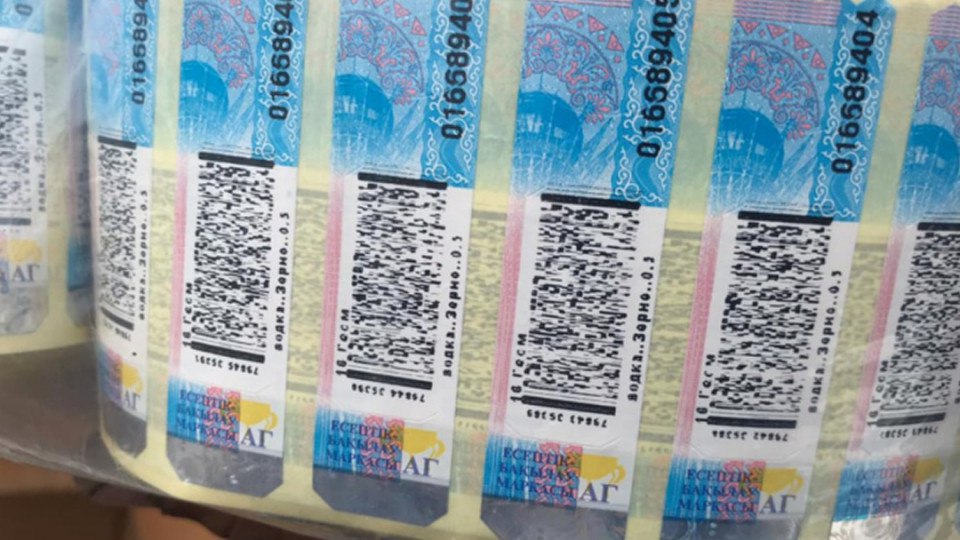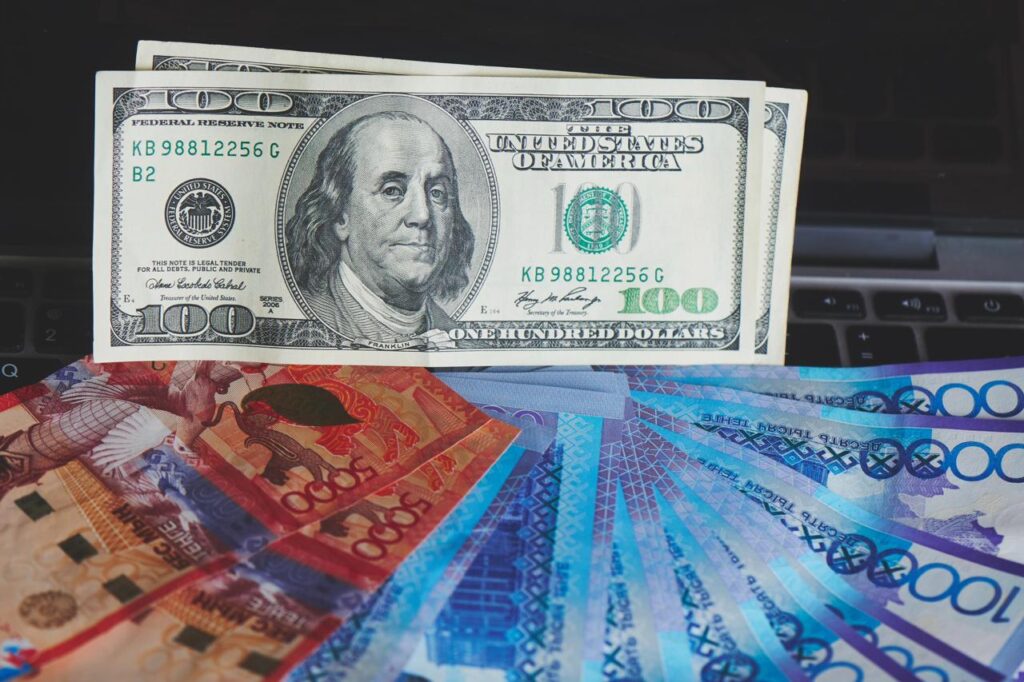Kyrgyzstan Launches Unified Digital Tax Platform
Almambet Shykmamatov, chairman of Kyrgyzstan’s State Tax Service (STS), has unveiled a new digital platform that consolidates all tax-related data into a single system. The automated tax analysis platform, Salyq Kuzot, enables online tracking of the tax status of every citizen and company operating in the country. According to Shykmamatov, tax officials previously had to manually collect data on tax payments, insurance contributions, and financial statements from multiple sources and agencies. With the launch of Salyq Kuzot, this information is now integrated into a unified system, significantly improving efficiency. During a demonstration of the system, the STS head showcased its functionality, including detailed reports on state budget revenues broken down by region, district, and city. The platform also allows for real-time identification of companies evading tax obligations. The launch of Salyq Kuzot comes amid a broader national effort to reduce bureaucracy across public administration. Since early last year, the National Institute for Strategic Studies of the Kyrgyz Republic (NISI) has led reforms aimed at streamlining citizens’ interactions with state institutions and improving the efficiency of government operations. As part of these reforms, redundant government bodies are being phased out. The National Statistical Committee of Kyrgyzstan, for example, has closed several regional offices, resulting in the layoff of approximately 100 employees. One of the most significant policy changes is a new regulation prohibiting ministries and agencies from requesting information directly from citizens if the data can be obtained through interagency cooperation. The measure is intended to speed up administrative processes and reduce the bureaucratic burden on the public.






